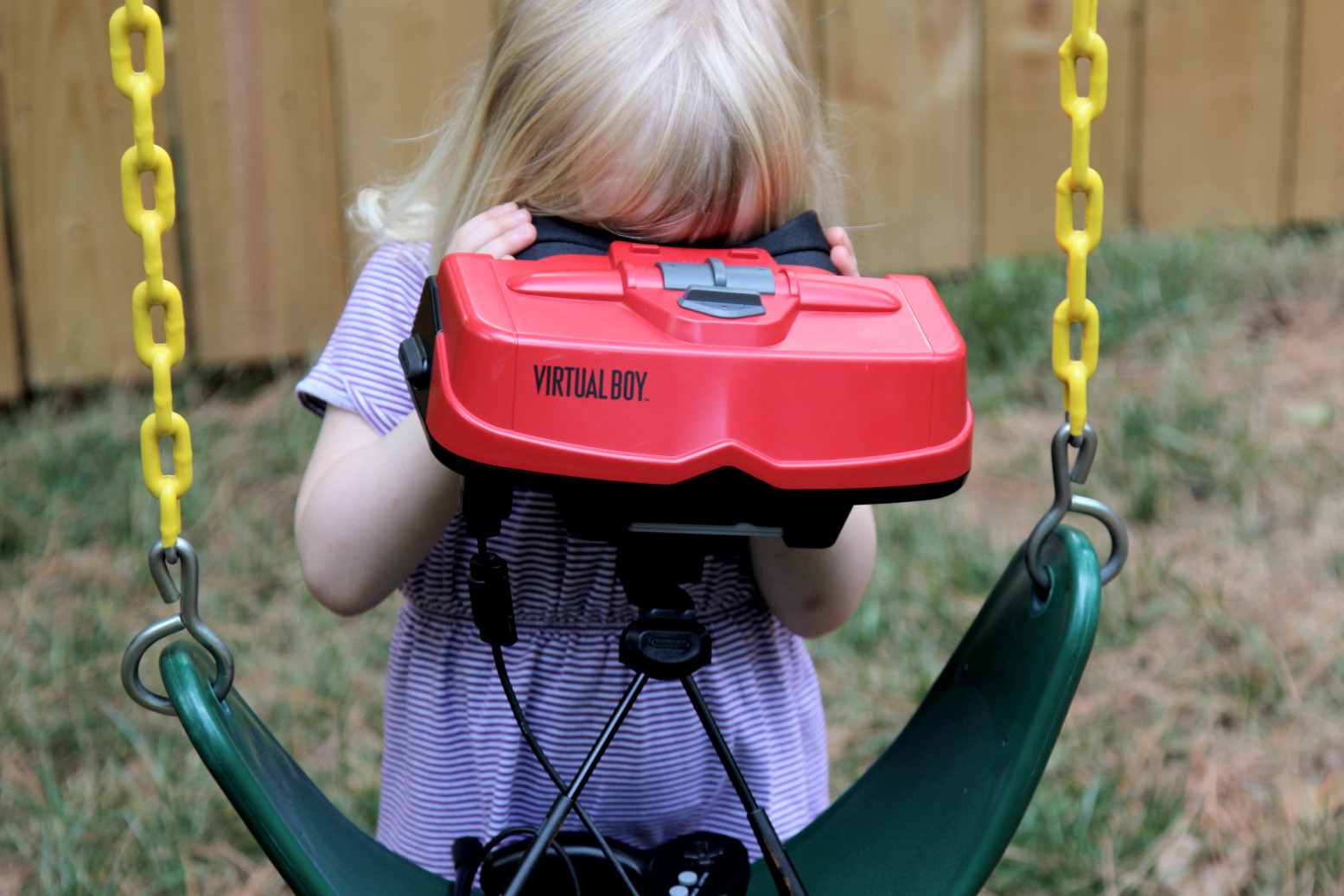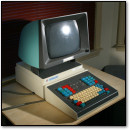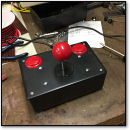[ Retro Scan of the Week ] The Gray Zapper
Monday, October 19th, 2015 Released because Americans like guns
Released because Americans like guns
The Nintendo Entertainment System turned 30 years old in the US yesterday — well, according to Nintendo, anyway. That date is still a little fuzzy, in my opinion. Still, it’s close enough.
When the NES turned 25 (exactly five years ago today — creepy!), I wrote a few features about this classic system like NES Oddities for Technologizer and a NES workbench teardown for PCWorld.
This year, I have done nothing to celebrate except scan this NES Zapper. It’s a beaut.
Just a few days ago, the designer of the NES hardware revealed that the NES shipped with the Zapper because “Americans in general are interested in gun.” Indeed they are!
In 1989, Nintendo changed the dark grey parts of the Zapper to “blaze orange” to meet new US Federal regulations about toy guns. That regulation involved required orange plugs or paint at the tips of the barrels of realistic or imitation toy guns.
The regulation passed because people were robbing banks with toy guns, and the orange plug was supposed to let cops know the difference between a deadly weapon and a hunk of plastic. (Turns out the plug requirement doesn’t work as planned. But it did ruin the toy gun industry.)
The Zapper isn’t exactly a realistic toy gun, but acting with its usual overabundance of caution, Nintendo went way beyond a barrel plug. Either way, I am proud to say that, to this date, no one has ever been shot and killed by a NES Zapper.
P.S. In January, I scanned a line drawing of the Zapper from the NES manual. You may enjoy that as well.
Discussion Topic of the Week: Do you think someone could rob a bank with a NES Zapper? What about in the 1980s?
—
See Also:
NES Zapper Diagram (Retro Scan, 2015)
Model No. NES-001 (Retro Scan, 2010)
NES Oddities
Inside the Nintendo Entertainment System


 Shooter’s new game is called From Here to Eternity, and for the last several weeks, he has been beta-testing it on his BBS, which is called
Shooter’s new game is called From Here to Eternity, and for the last several weeks, he has been beta-testing it on his BBS, which is called  I wanted to know why he was spending time writing a new BBS door game, so
I wanted to know why he was spending time writing a new BBS door game, so 











